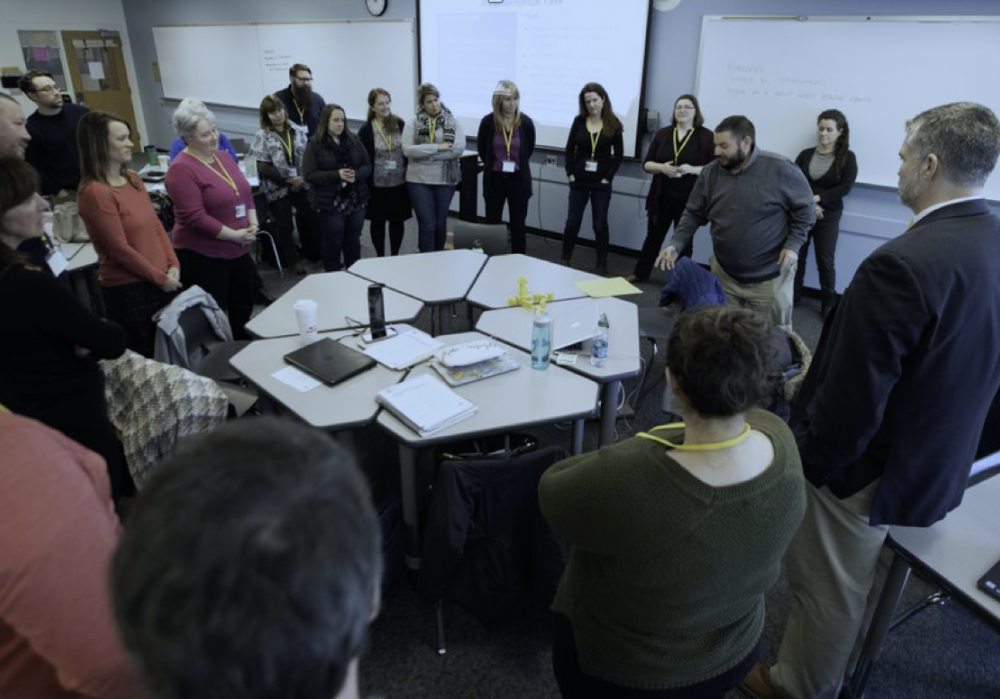NHLI | New Hampshire Learning Initiative
All Students Deserve a Quality Education
JFF (Jobs For the Future)
/ January 3, 2021
Three Ways to Scale Student-Centered Reforms in Your System
This article was originally published June 12, 2020 on the website Students at the Center Hub. Author Dr. Felicia Sullivan is Associate Director of Research at Jobs For the Future […]
Continue Reading/ January 3, 2021
Scaling is All the Rage, But How Do You Make It Happen?
New Hampshire’s Performance Assessment for Competency-based Education (PACE) system is entering its third year. Using this alternative state accountability system, 150 teachers in nine school districts have created 14 performance assessment tasks in mathematics, English language arts (ELA) and science. The tasks have been validated against standardized state tests with the ambition to bring performance assessments to all students in the state across all disciplines. A primary goal of PACE is to ensure that students demonstrate their content knowledge to gain academic credits and graduate.
Continue Reading/ January 3, 2021
Investing in Teachers as Agents of Scale
As part of a William and Flora Hewlett Foundation funded research-practice partnership (RPP), JFF (Jobs for the Future) has been collecting data and insights on the scaling of WSPs (aka deeper learning competencies or essential skills) in New Hampshire. From the start, the state’s PACE system was a key driver to scale, providing a critical backbone for assessing competency-based efforts. What has become clearer to the JFF research team is that investing in teacher capacity to instruct and assess WSPs has been a critical move to ensure that the practice change is deep, spreads, and is sustainable. A key orientation has been a strong commitment to teacher ownership of the process. The practice partner is this effort, the New Hampshire Learning Initiative (NHLI), has been critical to supporting and pushing this teacher-centered approach forward.
Continue Reading